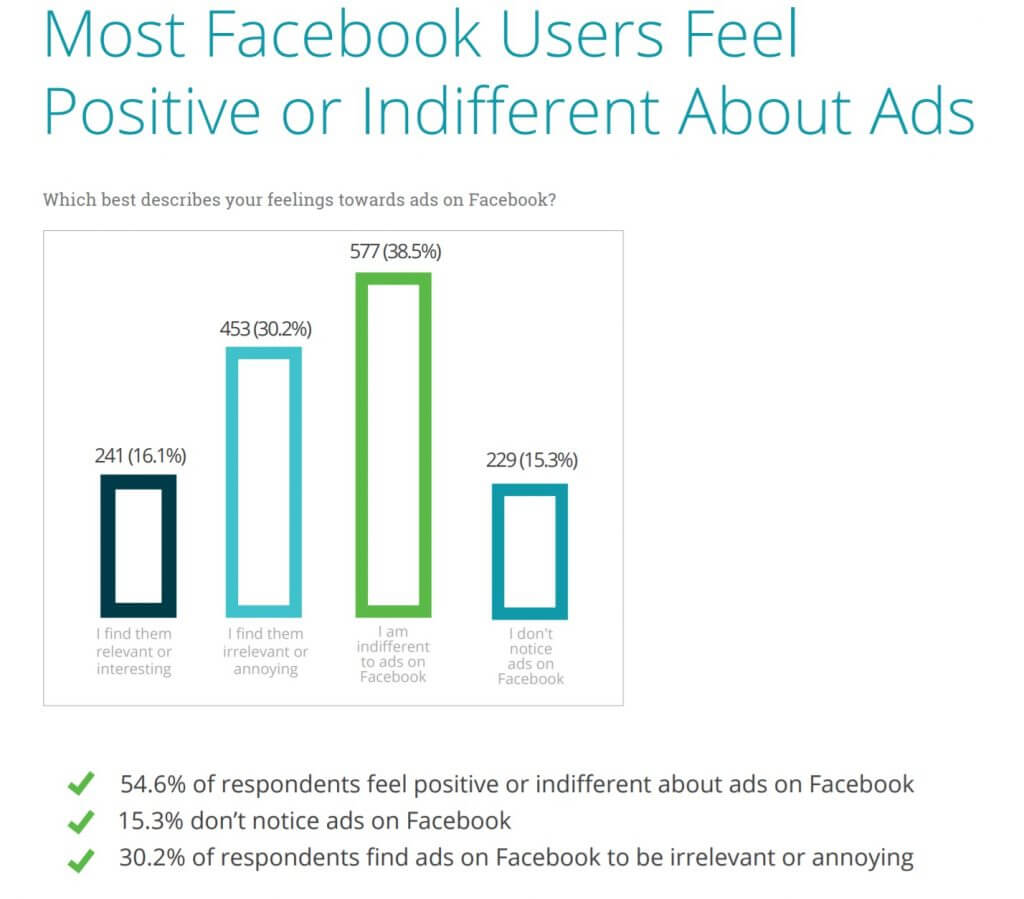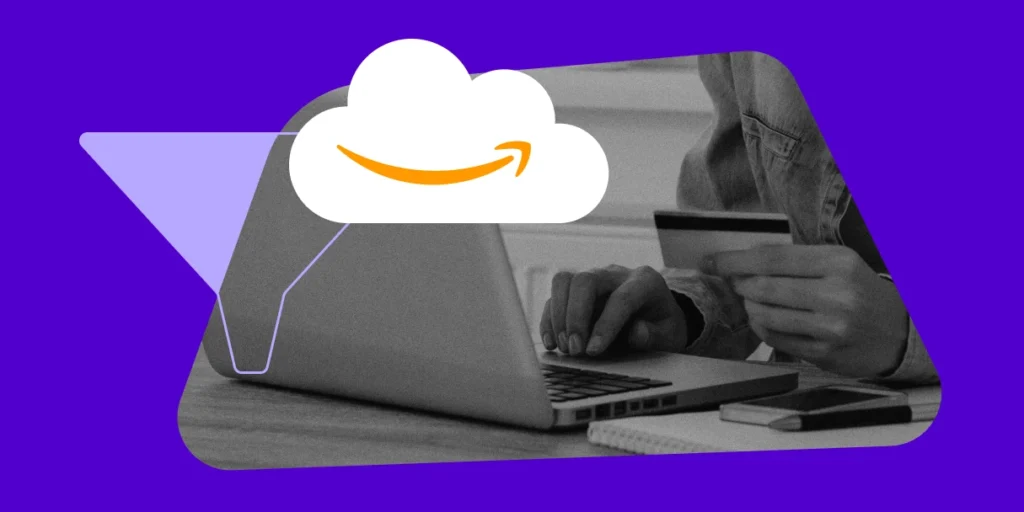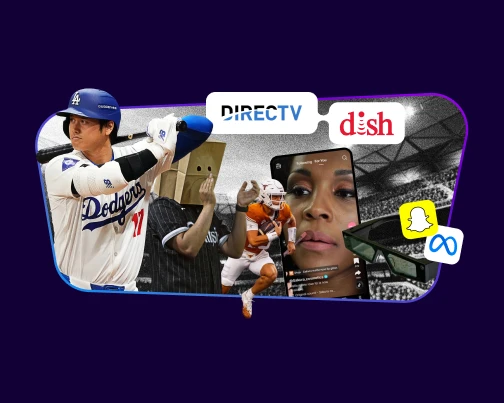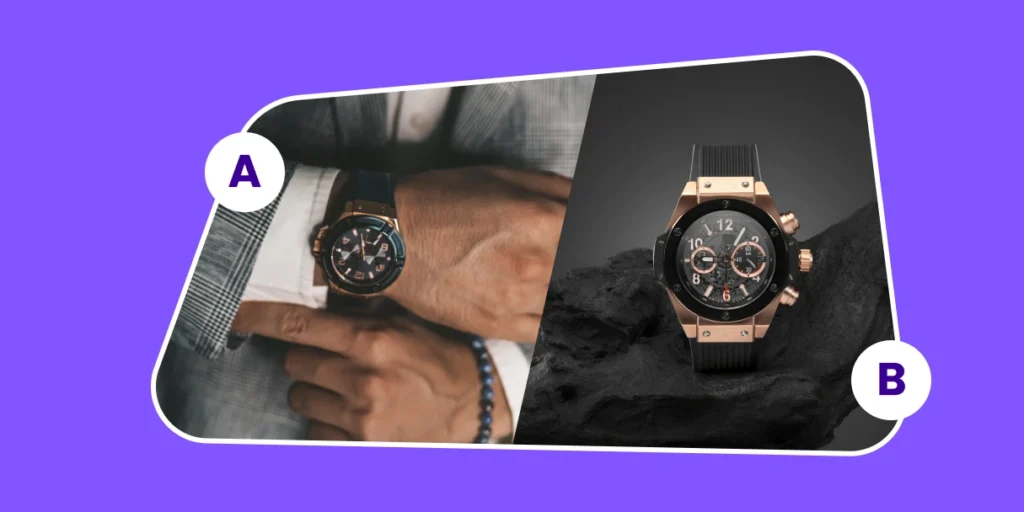Over the next few months, Facebook will be updating the way they rank content in their News Feed – and it’s likely to have a pretty big impact on advertisers.
According to the announcement, Facebook will prioritize posts from friends and family over public content:
“Because space in the News Feed is limited, showing more posts from friends and family and updates that spark conversation means we’ll show less public content, including videos and other posts from publishers or businesses.”
As we make these updates, Pages may see their reach, video watch time and referral traffic decrease. The impact will vary from Page to Page, driven by factors including the type of content they produce and how people interact with it.”
“Pages making posts that people generally don’t react to or comment on could see the biggest decreases in distribution. Pages whose posts prompt conversations between friends will see less of an effect.”

According to Mark Zuckerberg, co-founder of Facebook:
“Now, I want to be clear: by making these changes, I expect the time people spend on Facebook and some measures of engagement will go down. But I also expect the time you do spend on Facebook will be more valuable.”
So, are we totally shocked to hear about this update? Not exactly.
In our 2017 Facebook Consumer Study, a third of the 1,500 US Facebook users we survey said they found ads to be annoying/irrelevant:

How Will This Impact Facebook Advertisers?
1) CPMs will increase.
“How these changes get implemented over the next weeks or months will be a good case study on what happens when an algorithmic driven, publicly traded company is forced to balance the mandate of its shareholders (even with their unique equity structure) with an internally recognized greater good in the absence of a regulatory body forcing them to do so.
As an unscientific check, here’s what my news feed looks like today 1/12/2018:
- Shared Page Post from Friend (Commercial)
- Ad
- Shared Page Post from Friend (Meme)
- Shared Meme Post by Friend
- Shared Page Post from Friend (News)
- Shared Viral Video from Friend
- Ad
- Viral Video Page Post
- Organic Post from Group
- Friend post in group
- News Post liked by friends
- Ad
For the last four years Facebook has benefited from crowdsourcing the search for compelling content through increased gamification (reactions are a scoreboard) and decreasing or even subsidizing CPMs as an incentive for content creators, curators, and even regular users to produce or find great content.
It has been a very profitable business process for Facebook. Crowdsource the search for compelling content, amplify the distribution of this content in the news feed, increase stickiness or time in app/on site, sell more ads as inventory increases, especially in developed markets like the US, Canada and Europe where ad load cannot easily be increased.
My hunch is the free ride (or impact thereof) given to video or certain types of highly engaging page posts will taper. It doesn’t mean free social amplification is over, but benchmarks used to score content will shift.
Our advertisers will see CPMs increase as inventory constricts in well-developed markets, but it’s hard for me to see the platform completely get away from the type of content that has driven its profitability and revenue growth to date.”
– Nii A. Ahene, Co-founder, Chief Operating Officer at CPC Strategy

2) Must have super compelling creative to get reach at affordable rates.
“I think the pressure will be on for businesses to create even more meaningful content. Content will have to make a shift from a generic brand feel to more “real life” content. So going from something like this Coke commercial to something along the lines of this for the “Constructive Eating brand.”

3) Why less is more.

4) Need for sophisticated sales funnel.
“One thing is for sure, ad prices and competition in the newsfeed is only going to increase so the days of posting any old ad and relying on cheap distribution to get results are over.
With ad prices at a premium all marketers have to get more sophisticated with their sales funnel and lead with a content first approach.
While there are dozens of elements to a successful ad strategy, AdEspresso have highlighted 16 important factors in a recent article.“
– Paul Fairbrother, Facebook Ads Specialist at AdEspresso
5) DO NOT use engagement bait to “beat the system”
“We’ve seen this happening many times over the years, and whilst advertisers should always be interested in Facebook’s best practices when it comes to the newsfeed, it won’t be the end of the world. In general it seems like Facebook wants to demote “passive” content that doesn’t engage people, so if you’re posting non-engaging content you should think about your Facebook strategy.”
“That said, DO NOT use engagement bait to “beat the system”. Facebook recently committed to fight engagement bait. Instead, consider how best to generate authentic discussions around your brand/product(s). Also consider growing your Facebook Groups activity. Is it relevant for you to managing a Facebook group?
Don’t freak out yet, it does seem like this mainly affects organic posts, and there haven’t been any widespread consensus about Facebook ads being affected by this directly. keep an eye on your campaigns and reach, and evaluate how “engaging” your content is. If it isn’t, and you’re relying on a lot of organic reach you may be in for some turbulent time.”
– Anton Eliasson, Director of Marketing at Shakr, a Facebook Marketing Partner

You Might Be Interested In














